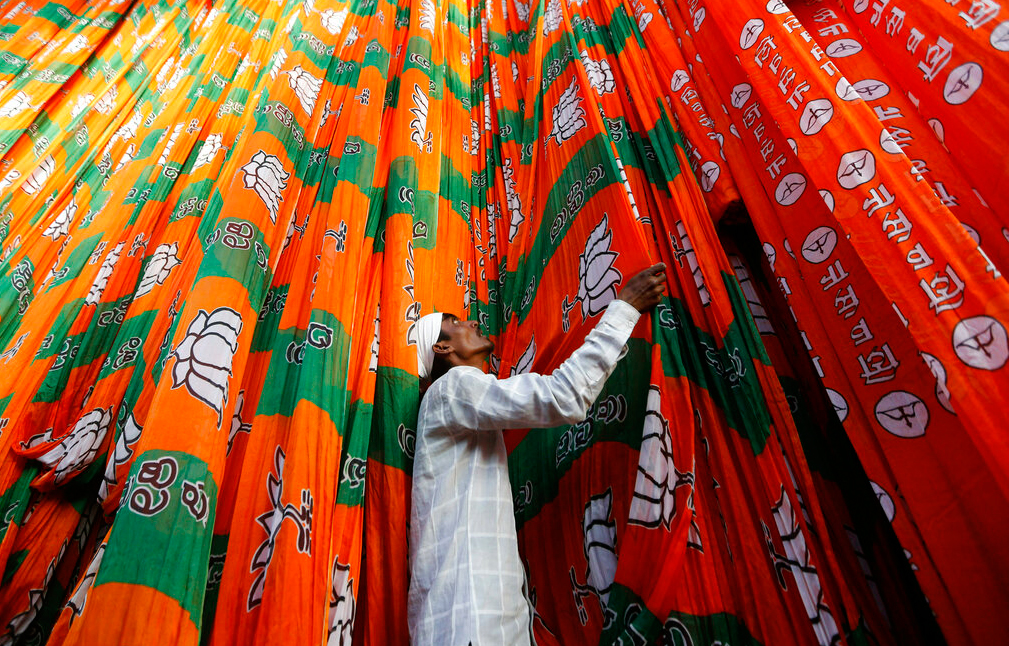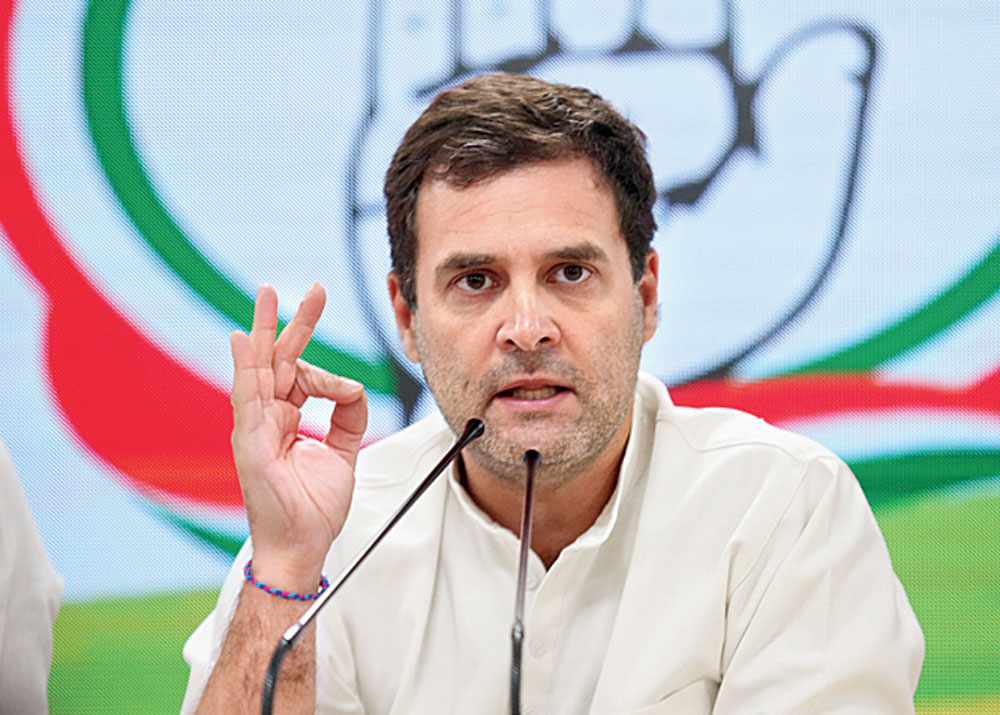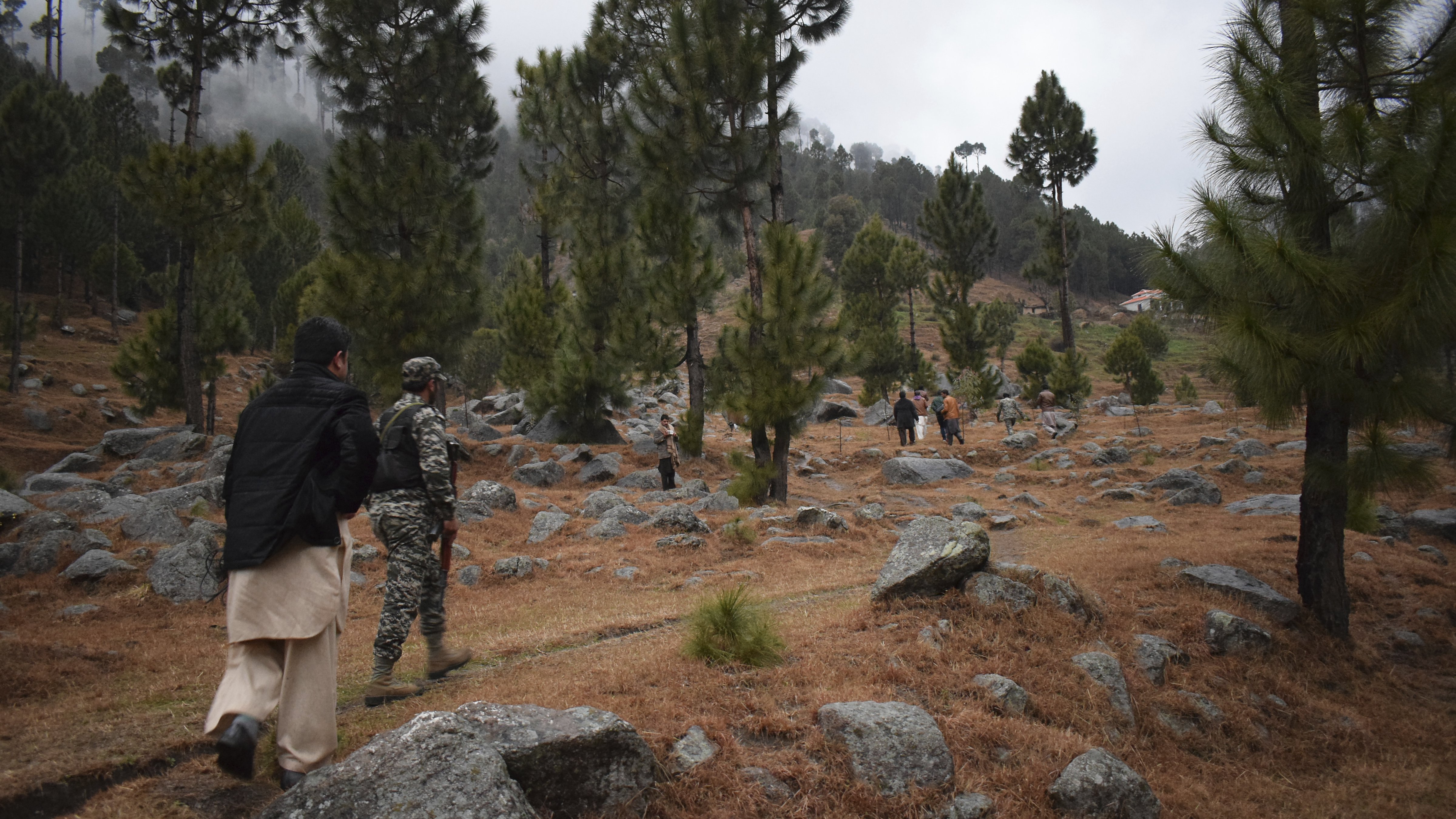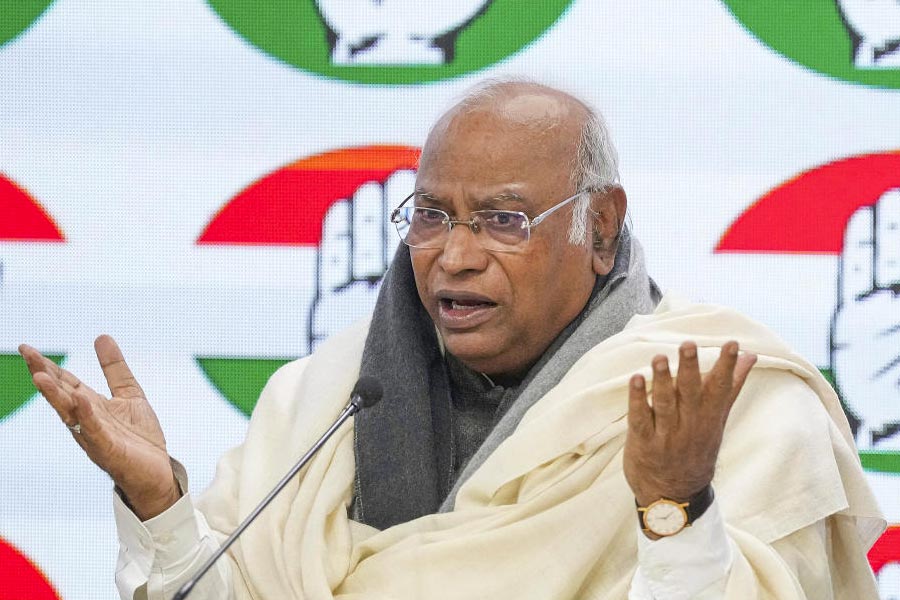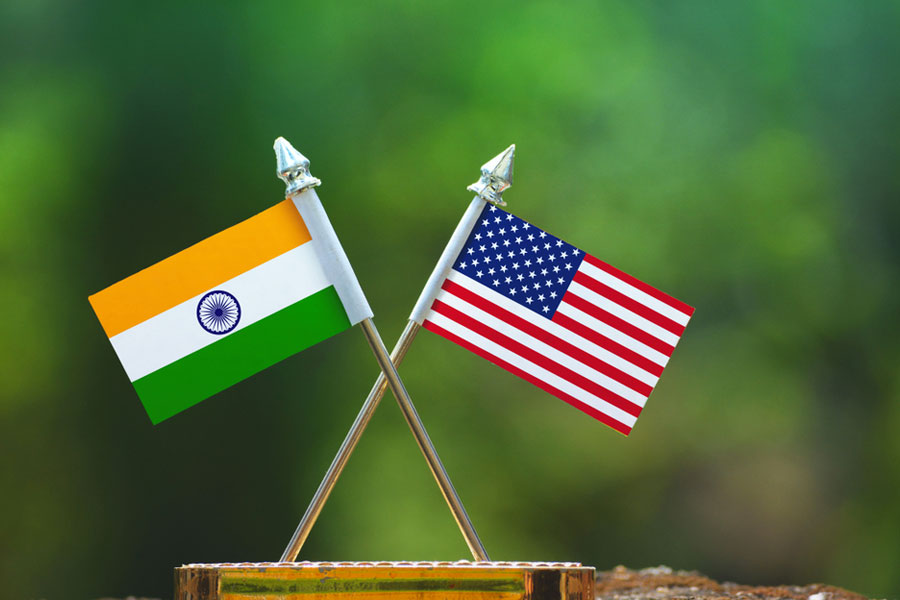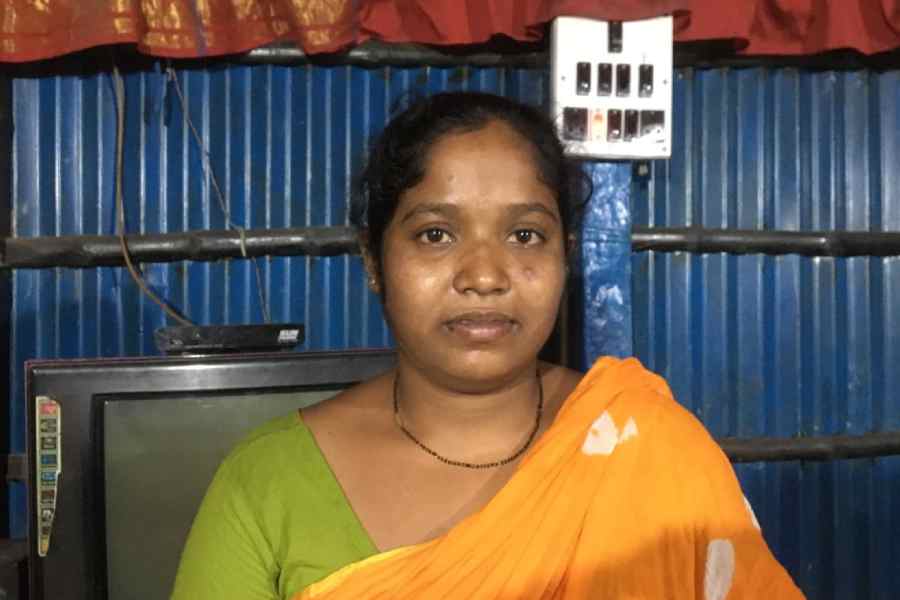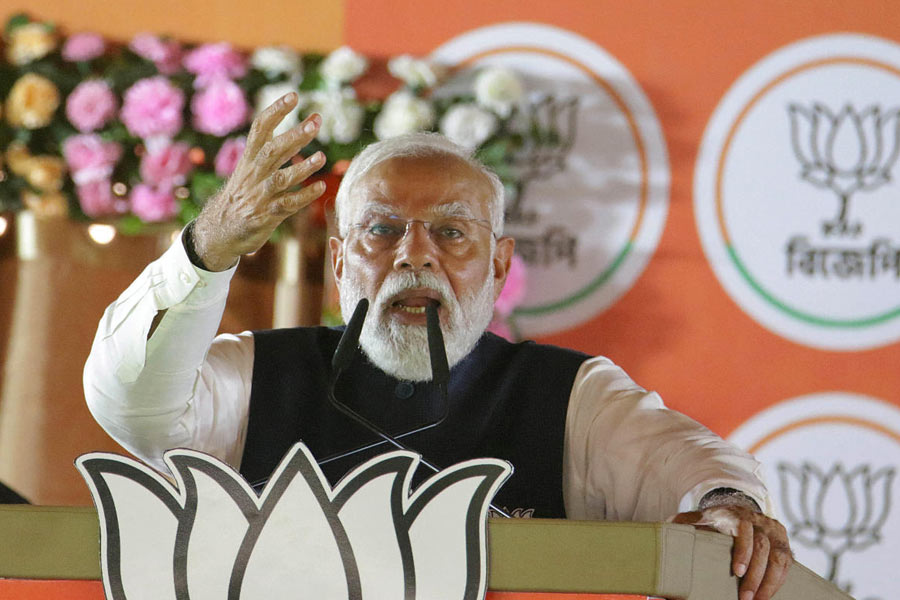Elections are considered to be the litmus test for a democracy. The public discourse tends to look at elections through the prism of governance. The performance of an elected dispensation is thus put out for collective endorsement. But there is a compelling case to argue that polls should not only be seen as a mere change in political guard. Elections — the general elections of 2019 are an example — could also be a contest between competing visions. That is perhaps what the Congress president, Rahul Gandhi, had in mind when he suggested that the impending vote, which will take place across several phases in the months of April and May, is, in effect, a battle for the ‘soul of India’. In philosophy, the soul may have an abstract dimension. In politics, the manifestations of a nation’s soul lie in its foundational ideas. Inclusion, pluralism, secularism, freedom and equality are some of the building blocks of the Indian republic. Mr Gandhi has argued that these values, synonymous with a civilized, democratic polity, have come under severe strain with the ascendancy of the vision adhered to by the ruling Bharatiya Janata Party.
It would not be easy for either the BJP or citizens to dismiss Mr Gandhi’s concerns. The evidence is substantial and irrefutable. There have been repeated attacks on India’s inherently accommodating social fabric; a recent analysis of data put out by the home ministry has found a 28 per cent increase in the rise of communal incidents under the BJP’s watch. Worryingly, the checks and balances that are in place to douse such fires seem to have weakened considerably. A sustained political assault on the autonomy of institutions — investigating agencies, higher education, even courts — is said to be instrumental to the erosion. The recent imbroglio in the Central Bureau of Investigation as well as the Centre’s treatment of data-gathering bodies bolsters Mr Gandhi’s allegations. It is pertinent to mention that New India was witness to an unprecedented press conference called by four senior judges of the Supreme Court to express their apprehension at some developments in the apex court. Meanwhile, the economy continues to flounder; no amount of imaginative tweaking of data on the part of the wise men in the government has been able to stem the slide. Conscientious citizens should exercise their franchise after reflecting on these realities. Choosing one vision over the other would decide the future of this democracy.

